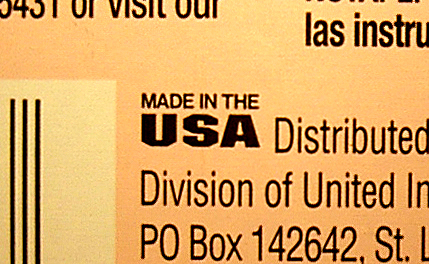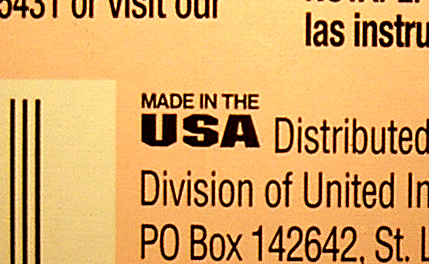
V4711
Gregory Huffman’s work at the Vanderbilt University of Tennessee is devoted to a problem that economists have been discussing since the beginning of the election campaign of Donald Trump. It is about economic feasibility of encouraging return of large production companies to the United States from South-East Asia. Huffman’s work is interesting for its attempt to use a dynamic model to assess welfare of all parties of the process (entrepreneurs, wage workers, national governments and consumers) and their impact on economic growth in the two economies and innovation. A particular question is whether it is rational in conditions of low unemployment to simultaneously stimulate “de-offshoring” (in the sense of returning production to national jurisdiction) and import the labor force that is missing for its work. In other words, Hoffman discusses the question of whether the de facto US policy of returning “plants with workers” from Asia is rational.
Findings in the published preprint work are obvious: it follows from Huffman calculations that the two processes are not equivalent; immigration in such a scheme should cause a decrease in GDP growth, decline in welfare of both entrepreneurs and workers in the national economy. Most economists make a similar conclusion about benefits of the international division of labor on fundamentally different assumptions, but the question of rationality of encouraging immigration in such a policy is hardly discussed. So far, it has been considered as increasing general welfare (at least in a stronger economy).
Meanwhile, Huffman has not discussed the political aspects of migration at all, although he demonstrated that stimulating migration is beneficial only for immigrants: it reduces the growth rate in the host country, welfare of entrepreneurs and workers in it, and welfare in the country which immigrants are leaving. At the same time, the author argues against the popular opinion that the “offshoring” process is a “zero-sum game”, and also demonstrates that there can be an opinion about unconditional welfare decline, in particular, in the USA delusion. It follows from his calculations that the “offshoring” also increases the well-being of the two economies at once. Tax incentives for “returning industry” in various ways are usually not rational, as are tax attempts to “foreign super-profits” of companies using the division of labor.
Findings in the published preprint work are obvious: it follows from Huffman calculations that the two processes are not equivalent; immigration in such a scheme should cause a decrease in GDP growth, decline in welfare of both entrepreneurs and workers in the national economy. Most economists make a similar conclusion about benefits of the international division of labor on fundamentally different assumptions, but the question of rationality of encouraging immigration in such a policy is hardly discussed. So far, it has been considered as increasing general welfare (at least in a stronger economy).
Meanwhile, Huffman has not discussed the political aspects of migration at all, although he demonstrated that stimulating migration is beneficial only for immigrants: it reduces the growth rate in the host country, welfare of entrepreneurs and workers in it, and welfare in the country which immigrants are leaving. At the same time, the author argues against the popular opinion that the “offshoring” process is a “zero-sum game”, and also demonstrates that there can be an opinion about unconditional welfare decline, in particular, in the USA delusion. It follows from his calculations that the “offshoring” also increases the well-being of the two economies at once. Tax incentives for “returning industry” in various ways are usually not rational, as are tax attempts to “foreign super-profits” of companies using the division of labor.


















